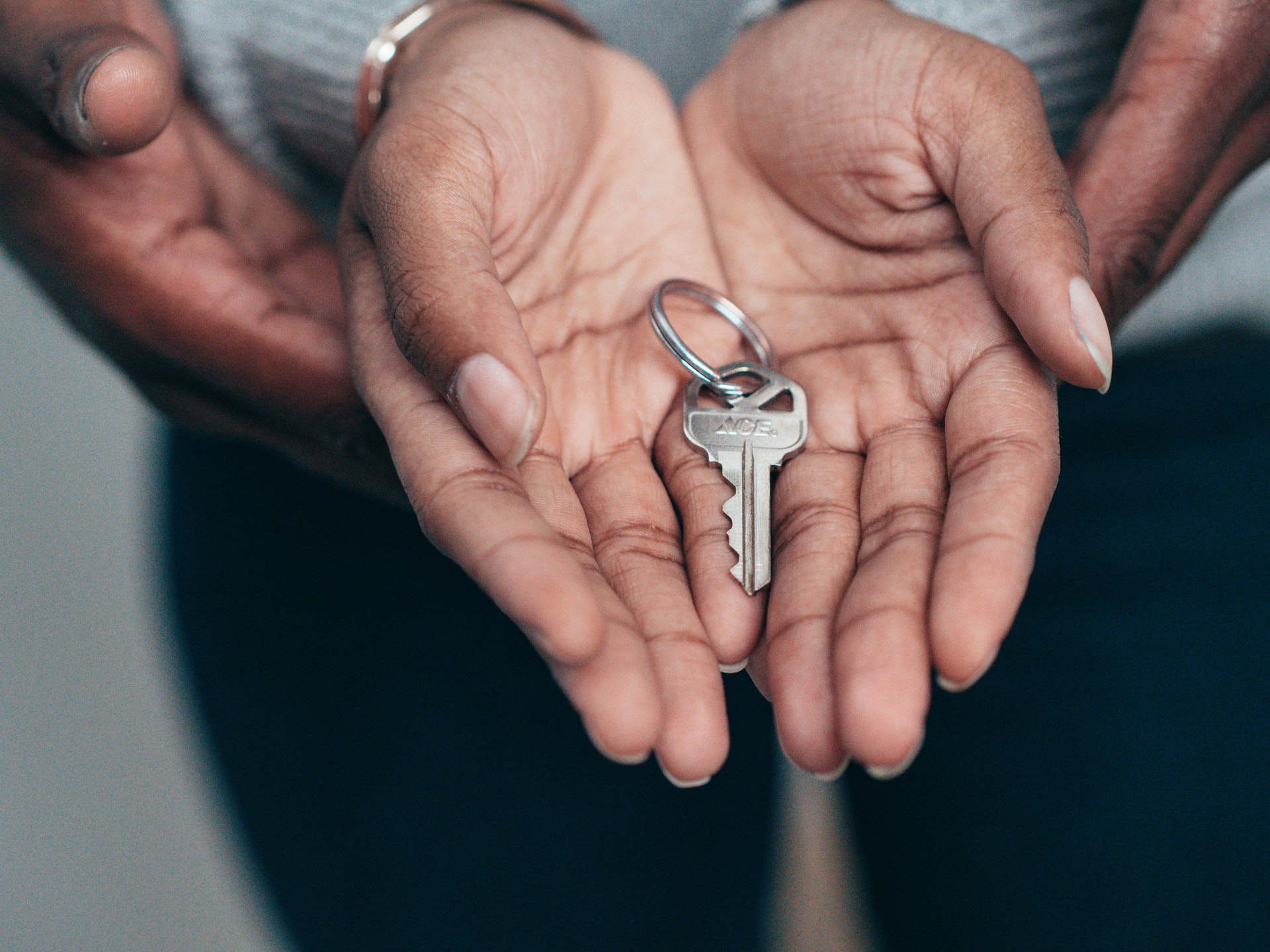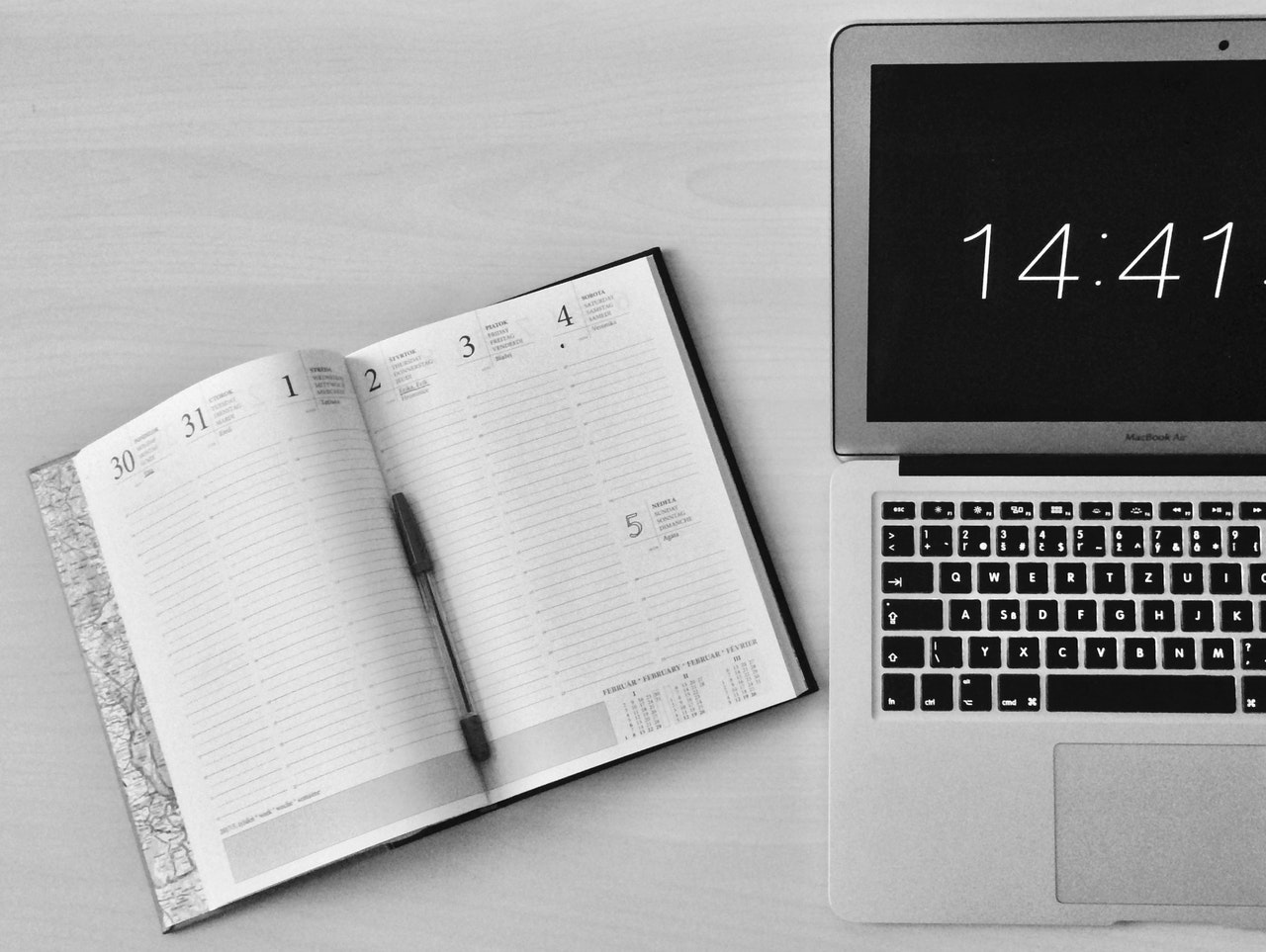IVA Mortgage - Mortgage and Rent Arrears
Mortgage and Rent Arrears
Clear Your Debt With One Affordable Monthly Payment
- Clear Your Debt With One Affordable Month Payment
- Free Consultation
- Find The Solution That Best Fits Your Needs
Table of Contents
With the current housing market being what it is; house prices constantly rising, along with a cost of living crisis that quickly depletes the financial reserves of even the most thrifty amongst us, there has never been a more challenging time to jump on to the housing ladder. But what if you have an IVA? In this article we will discuss how an IVA may affect your chances of getting a new mortgage if you are either buying a property as a first time buyer, moving house, or renewing your mortgage term. We will also discuss mortgage and rent arrears and how to access help should you fall behind with your repayments.
What Is An IVA?
An IVA (Individual Voluntary Arrangement) is a formal debt solution set up through an Insolvency Practitioner. It is a legally binding agreement between you and your creditors, whereby you pay a contribution towards your debt for a period of either five or six years. At the end of this period, any debt included in the agreement, which remains, is written off. Sometimes this can be as much as 75-85% of the total debt amount.
Is It Possible To Get A Mortgage With An IVA?
It can be unusual for someone who is currently dealing with an IVA to be considering purchasing a new home, but this circumstance does occasionally come up, especially if the person in question has come into a significant windfall, or if their employment income has substantially changed.
When considering a mortgage application whilst on an IVA, the elephant in the room is usually your credit history or credit score. Naturally, it is common for a person with an IVA to have missed payments recorded on their credit history, or other such evidence that they were struggling before becoming insolvent.
Every mortgage application is different, so it is entirely possible a mortgage that could suit your circumstances, but since, technically, you are applying for credit with a mortgage, you should contact your Insolvency Practitioner for advice.
How Could My IVA Impact My Mortgage Application?
The first thing to consider in this situation, is your disposable income. If you have an IVA, then there must have been a period of time where you were struggling to cover your debt repayments. So in order for you to now be considering entering into a mortgage, it makes sense that your financial circumstances may have improved somewhat.
It is worth reminding yourself, that this stage, that your IVA is a legally binding agreement and part of that agreement is that you are required to declare any improvement in financial circumstances. So before you begin to think about how you can spend your increased disposable income, it is essential that you speak to your Insolvency Practitioner to ensure that your responsibilities to your debts are fulfilled first.
Remember as well that, any mortgage application will almost definitely involve the Insolvency Register being checked to see if your name is on it. The Insolvency Register is a public record and every IVA client will be recorded on there for the duration of their IVA.
IVAs will also be recorded in your credit file. The average mortgage lender will treat any potential buyer with an IVA as a risk, meaning that, if they don’t reject you completely, they will almost certainly offer you a mortgage with a higher interest rate, affecting your affordability. You may even be asked to contribute a higher than normal deposit.
Should I Apply Anyway Or Wait?
Whilst every situation is different and only you will know for sure, many people will find that it is in their best interests to hold off on their mortgage application for the remaining IVA period or even for a few years after that.
By waiting, you can ensure that your credit score has the maximum amount of time to recover; it frees you from the limitations and rules of your IVA and could reduce how much of a deposit you need to contribute. You could also find it more likely that you will receive a better rate of interest.
Will I Need To Declare My IVA Once It Has Finished?
Unfortunately, yes.
Most mortgage lenders will ask you a question around your previous history with credit or debt. They could ask you whether you have any history of insolvency or debt troubles.
It is essential that you are honest, since denying your IVA’s existence is fraud and could result in prosecution.
What Are Mortgage Arrears?
Most people who own their own home, do so with a mortgage. This is a long-term loan, often over the course of 25-30 years, which allows people to borrow sums large enough to cover most of the costs of buying a house.
Home buyers will usually need to provide a deposit of upwards of 10% of the value of the property, leaving them with the remaining 90% or less to pay over the course of the agreement.
Mortgage repayments are normally taken every month and are usually one of the largest outgoings people have. This can make them difficult to pay for people who are going through financial hardships.
What Are Rent Arrears?
A rental agreement takes place between a landlord and tenant, where the landlord allows the tenant to live in a property in return for a monthly payment. The tenant will never own the property.
Monthly rental payments can often represent one of the largest monthly payments in a person’s finances. This means that, if circumstances change for the worse e.g job loss or a family emergency, then failure to pay rent can lead to rapidly increasing rent arrears.
How Do You Deal with Mortgage and Rent Arrears?
As with most types of debt, it is important to contact your lender or landlord and be honest and upfront about your situation. It may be a good idea to go through your finances or budget and seriously think about how much you can afford to pay before speaking to them so that you have this information to hand if they ask.
If you have been through your budget, cut as many non-essentials as possible, but are still finding it tough to afford your rent, then this may simply mean your income is too low. If this is the case and you are not already accessing the relevant benefits, then it may be worth investigating whether you qualify for the housing benefit. This a regular payment made towards your housing costs. It can be back dated for up to six months, so it could be an effective way of clearing some or all your rent arrears.
You could even ask for an Alternative Payment Arrangement, meaning the payment could be made directly to your landlord.
For someone with a mortgage, the person listed on the mortgage agreement is responsible for the debt.
What Might Happen If I Fall Behind With My Mortgage or Rent?
Mortgage
The most serious consequence for not keeping up with mortgage payments is repossession. With a mortgage, you do own your home, but only if you keep to the agreement of paying your monthly amount.
Lenders will always contact you in writing with a demand for payment, but it is always worth noting that there are various steps your lender should take before there is any risk of repossession:
- Consider any request from you to change the way you pay your mortgage
- Offer you the chance to pay off your missed repayments if you wish to
- Begin legal action to repossess your home.
This last step is always the final resort and lenders will often try to work with you to resolve the issue before it comes to this.
Rent
The rental equivalent of repossession is seeking possession.
This is a set procedure that the landlord must follow. It begins with them writing to you informing you of when they would like you to move out of the property. If you refuse to leave on the date given then the landlord can take you to court to reclaim the lost rent and seek a possession order and warrant of possession. This allows the court to use bailiffs to force the eviction.
How Can I Get Help With My Mortgage or Rent Arrears?
The prospect of losing your home, whether a property you own or rent, can be a frightening one.
If you have a combination of secured and unsecured debts and live in England, Wales or Northern Ireland, then applying for an IVA may reduce your monthly outgoings enough to cope with your secured debt repayments.
If you live in Scotland then a Trust Deed is your equivalent solution.
If you only have secured debts and live in England, Wales or Northern Ireland, then the following solutions may work for you:
If you live in Scotland, then you could apply for:
An IVA (Individual Voluntary Arrangement) is a formal debt solution set up through an Insolvency Practitioner. It is a legally binding agreement between you and your creditors, whereby you pay a contribution towards your debt for a period of either five or six years. At the end of this period, any debt included in the agreement, which remains, is written off. Sometimes this can be as much as 75-85% of the total debt amount.
Mortgage & Rent Arrears FAQs

How Can I Get Out of My Rent Arrears?
Your rent should be considered a priority within your monthly budget, but if you do fall into arrears with your landlord, you could be at risk of eviction if you do not act.

Can a Landlord Evict Me For Rent Arrears?
If you have rent arrears, then your landlord may try to have you evicted. This is referred to as ‘seeking possession’ and requires a court order. It is against the law to try and get you to leave your home without going to court first.

How Long Can You Be in Mortgage Arrears?
If you find yourself struggling to pay your mortgage repayments and you fall behind, then you have fallen into mortgage arrears. How long will you be allowed to stay in arrears?
